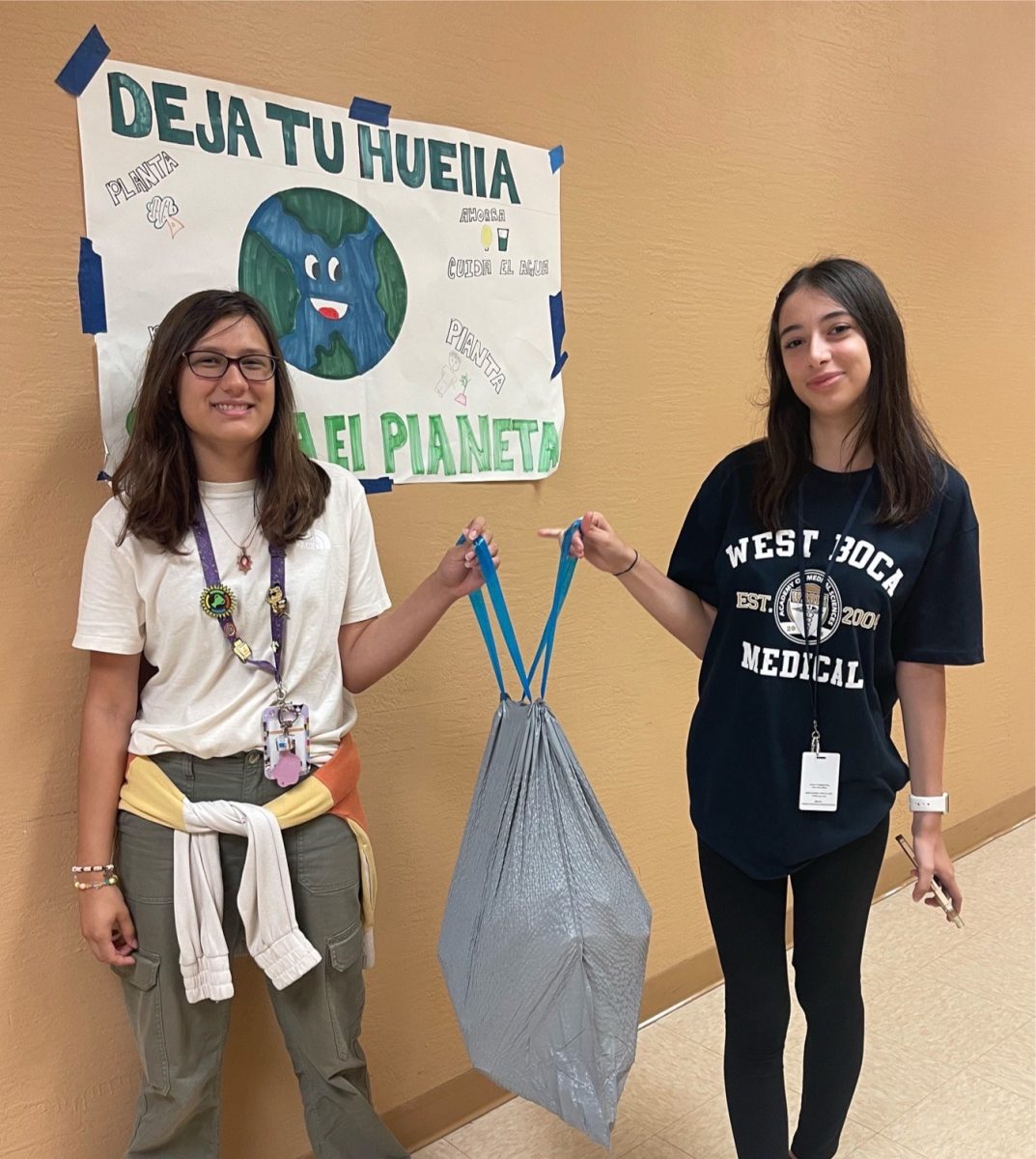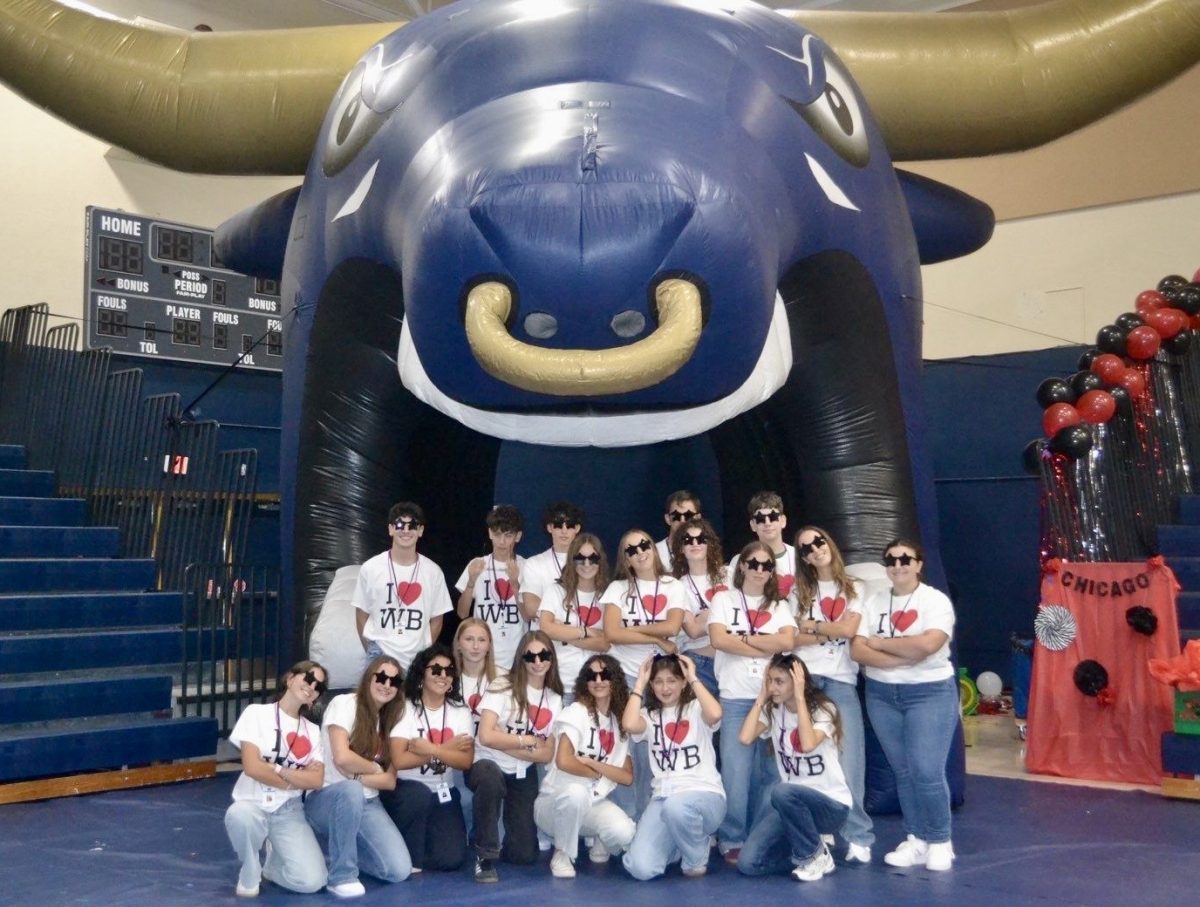Each day, more and more individuals across the world are embracing a vegan, or plant-based, diet. A vegan diet has proved to have a surplus of benefits pertaining to the health and efficiency of the human body. There are currently an estimated 79 million vegans globally, which is strikingly just over one percent of the human population.
Being vegan means choosing a lifestyle that avoids all animal products. Vegan diets exclude all meats, dairy, eggs, and even honey.
In Healthline article “6 Science-Based Health Benefits of Eating Vegan,” nutritional experts touch on how a vegan diet is much richer in nutrients than a regular diet: “Several studies have reported that vegan diets tend to provide more fiber, antioxidants, and beneficial plant compounds. They also appear to be richer in potassium, magnesium, folate, and vitamins A, C, and E.” A vegan diet is typically rich in fruits, vegetables, whole grains, and legumes, which are high in fiber and low in calories. Veganism revolves around whole grains, fruits & veggies, beans, peas, nuts and seeds. Since these foods make up the vast majority of a vegan diet, they can lead to a higher daily intake of certain beneficial nutrients. By focusing on nutrient-dense foods and avoiding high-calorie, processed items, many people find that they can lose weight more easily on a vegan diet.
Weight loss is one of the primary reasons why many people attain a vegan diet. The lack of meats and animal-based products is very helpful in aiding weight loss due to processed meats being so high in sodium and saturated fat. “Many observational studies suggest that vegans tend to be thinner and have lower body mass indexes (BMIs) than non-vegans,” Healthline states. Vegan diets have also been proven to lower the risk of diabetes and other health concerns, while also improving kidney function and lowering blood sugar.
The vegan community is constantly growing in size and representation; however, many still question the total efficiency of a non-animal product diet. Children are typically raised with the idea that “meat helps you grow big and strong.” However, it is simply naive for people to ignore that meat is not the body’s only source of protein. Many people are ignorant to the fact that there are other sources of protein that aren’t meat products. Grains such as quinoa, lentils, edamame and chickpeas are an even better source of protein than meats! If someone is trying to grow stronger, focusing on meat intake is not the way to go. Some of the world’s greatest and most successful athletes follow a vegan or plant-based diet to enhance their athletic performance. Some of the world’s most prominent vegan-dieting athletes include nationally renowned tennis professional and twenty four time Grand Slam champion, Noval Djokovic; Women’s US National Soccer Team captain and Double FIFA World Cup champion, Alex Morgan; and Argentine professional soccer player with two time Copa Americas victories and arguably the greatest soccer player of all time, Lionel Messi. Other nationally renowned athletes that have also adopted non-animal product based diets are Chris Paul, LeBron James, Venus WIlliams, and many others.
Moreover, there are questions surrounding the debate over whether or not veganism has more benefits than drawbacks. Climate change is globally recognized as one of the largest threats to humanity, but what many people don’t know is that adopting veganism is a primary solution to this issue. Published in December of 2021, the author of “Vegan Statistics-What is the Status?” writes, “The meat and dairy industry is responsible for around 15 percent of global greenhouse gas emissions, a leading cause of climate change.” If the world went vegan, it could reduce greenhouse gas emissions from agriculture by two-thirds and avoid $1.5 trillion of climate damages. “One of the most effective things an individual can do to lower their carbon footprint is to avoid all animal products.” Adopting veganism is a significant step towards saving our planet.
It’s tempting to want to believe that the meat we consume is ethical and that the animals on our plates lived long, happy lives filled with love. The cold hard truth is that many people are purely unaware of what takes place behind closed farm doors. Animal abuse in the modern factory farming industry has sadly become an all too common sight. Animal’s are being constantly stripped of their freedom and fundamental rights until there is no sign of life.
Courageously working to make a vegan lifestyle more prominent in the global culture, the Vegan Society is the world’s largest and oldest vegan charity in the world. Founded in 1944 by Donald Watson in the United Kingdom, the Vegan Society is a primary supporter of veganism. Interestingly, Watson is actually the individual that coined the term “vegan.” The Vegan Society has worked tirelessly to convince people of the underlying drawbacks associated with non vegan diets. A primary factor that motivates individuals to stay in the vegan community is the recognition of animal mistreatment and malpractice in the modern farming industry. “Yet the sad truth is that all living creatures fear death, just as we do. No matter how they are treated when alive, whether they are raised on a factory farm, or labelled as ‘free range’ or ‘organic,’ they all experience the same fear when it comes to slaughter,” writes Watson. Animal farming has grown to be a cruel and immoral practice. Modern day farmers and meat and poultry workers tend to disregard the fundamental rights and feelings of these poor creatures. “Having emotional attachments with animals may form part of that reason, while many believe that all sentient creatures have a right to life and freedom. Specifics aside, avoiding animal products is one of the most obvious ways you can take a stand against animal cruelty and animal exploitation everywhere.”
The Vegan Society promotes the ideal that veganism is kinder to Earth’s animals, people, and our planet’s future.
Cofounder of Farm Sanctuary and leading animal rights activist, Gene Baur, has contributed so much to the farming community in aiding the fight against inhumane animal slaughter.
In Gene Baur’s book, “Farm Sanctuary: Changing Hearts and Minds About Animals and Food”, he shares his journey through the American farming industry as he fights to attain animal rights for helpless creatures suffering across the globe. Baur’s captivating first-hand experience of modern animal slaughter practices is truly sickening. Animals that fall victim to the cruelty of factory farming are treated as less than living creatures. One of Gene Baur’s main goals is to express that animals do indeed have feelings, just like humans do. Animals feel the same sadness and abandonment when they are separated from those they love.
Veganism isn’t just a diet, it’s a lifestyle.











































